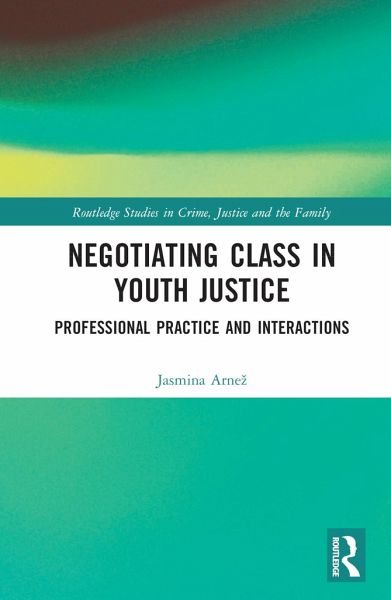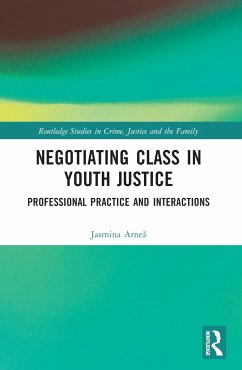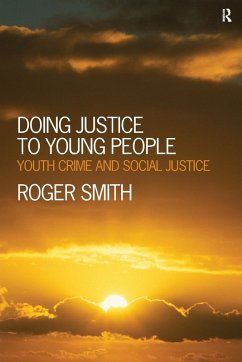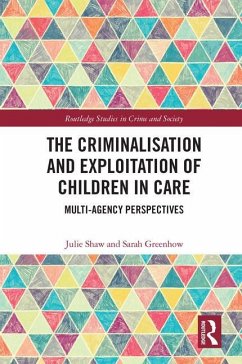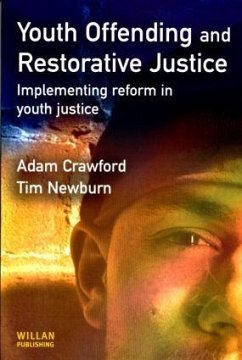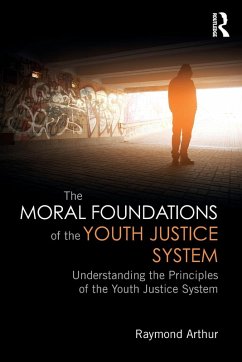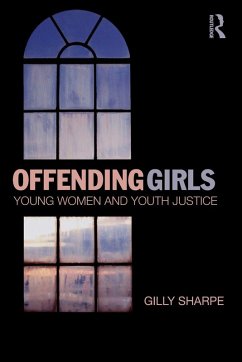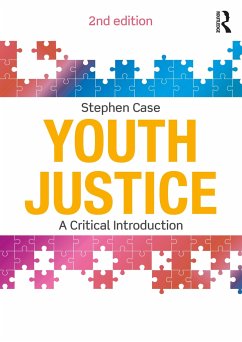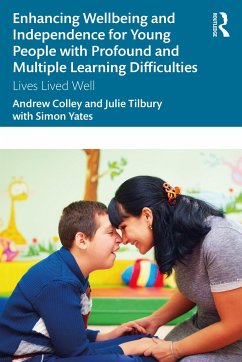'Both coup de gras and tour de force, this book is a serious scholarly intervention that signals a real new talent. Written with an insider's eye and an outsider's edge, it combines flinty analytical depth with stellar theoretical reach - to Bourdieu and beyond. Buy it, read it, cite it: and watch this space.'
Alistair Fraser, Senior Lecturer in Criminology and Sociology, University of Glasgow
'In this important and timely study, Jasmina Arnez makes the case for reinserting class analysis into the study of youthful conduct and youth justice. Based on original in-depth empirical research, Arnez argues that we need to radically rethink our approaches to intervention, not only by reconfiguring professional practice but also
by paying much greater attention to lay perspectives. Her provocations offer a timely challenge to practitioners and academics alike.'
Tim Newburn, Professor of Criminology and Social Policy, London School of Economics
'A compelling and insightful analysis of the continuing role of class in shaping the response of official agencies to troubled youth, and a powerful corrective to entrenched approaches to youth intervention that leave social class out of the picture. Jasmina Arnez's analysis is grounded in rich qualitative research among youth, parents, and practitioners in England, but has clear relevance for the practice of youth justice around the world.'
Elliott Currie, Professor of Criminology, Law and Society, University of California, Irvine, USA
